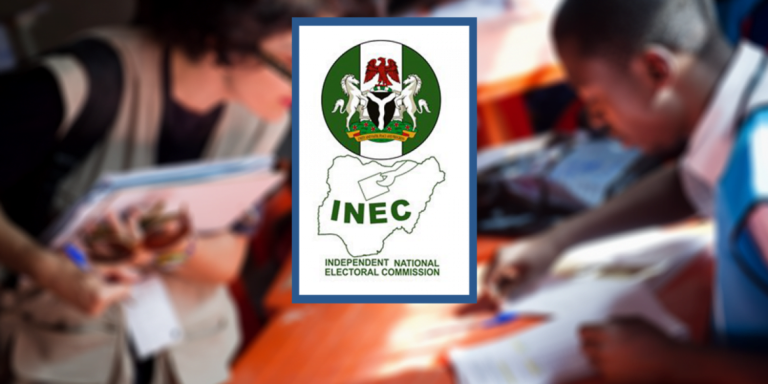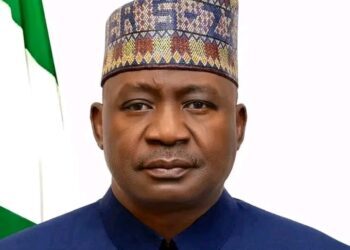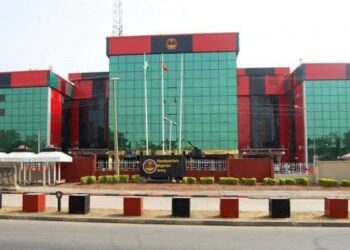A new report by the Kimpact Development Initiative (KDI) has called for stricter oversight of political campaign financing in Nigeria, recommending that the Independent National Electoral Commission (INEC) establish independent finance committees within political parties to ensure compliance with regulations.
The report, which assessed political finance in Edo and Ondo states, was presented in Abuja on Tuesday by KDI’s Head of Research and Strategy, Oluwafemi John Adebayo.
He emphasised the need for grassroots funding models, such as small-donor contributions, to enhance financial transparency in elections.
The KDI report proposed several measures to improve political finance oversight, including:the reintroduction of a data-driven formula for setting campaign spending ceilings, incorporating cost-per-vote share (CPV) analysis, inflation rates, and the number of registered voters.
“Periodic reviews of expenditure limits based on empirical data from previous elections and mandatory real-time reporting of major campaign expenditures and contributions for immediate oversight.
“Requiring political parties to submit pre-election financial reports in addition to post-election audits.
“Strengthening the Campaign Finance Monitoring Unit and the inter-agency committee on campaign finance with clear guidelines and frameworks.
“Collaborating with financial institutions to track political transactions and flag suspicious expenditures and increasing penalties for electoral finance violations to make them financially consequential.
“Mandating media outlets to report the cost of political advertisements to INEC for verification”,he said .
Speaking at the presentation, the Chairman of the Economic and Financial Crimes Commission (EFCC), Olanikpekum Olukoyede, commended KDI’s efforts in promoting transparency and accountability in Nigeria’s electoral process..
.
Represented by Effa Okim, he highlighted the risks of financial inducements and other irregularities in elections, warning that they could undermine the legitimacy of electoral outcomes and governance.
“The way leadership emerges often reflects the standards of the electoral process, and concerns about undue financial influence in elections have been widely discussed,” Okim stated.
The Chairman of the House of Representatives Committee on Electoral Matters, Adebayo Balogun, also reaffirmed the legislature’s commitment to electoral reforms.
“While financial resources are essential for campaign activities, there is a compelling need to ensure that political financing remains within legal limits and does not become a tool for unlawfulness or the subversion of democracy,” Balogun said.
KDI Executive Director Bukola Idowu expressed concerns about the presence of unregulated financial flows, often referred to as “dark money,” in Nigerian politics.
He noted that both major political parties operate under large financial structures with little transparency or accountability.
“This lack of transparency and disregard for legal compliance, particularly concerning Section 221 of the 1999 Constitution and the Electoral Act of 2022, have significant impacts on the electoral and democratic process in Nigeria,” Idowu stated.
He emphasised that addressing political finance issues requires collective action, adding that KDI remains committed to promoting integrity, fairness, and accountability in the electoral system.
The United Kingdom’s Foreign, Commonwealth & Development Office (FCDO) has been a key supporter of KDI’s research.
Speaking at the event, FCDO representative Mathew Ayibakuro underscored the importance of data-driven governance and transparency in political finance.
“As we all know, political finance is at the very heart of democratic integrity. Reports like this provide valuable insights into the mechanics of campaign financing and help guide policy discussions on electoral reforms,” Ayibakuro said.










